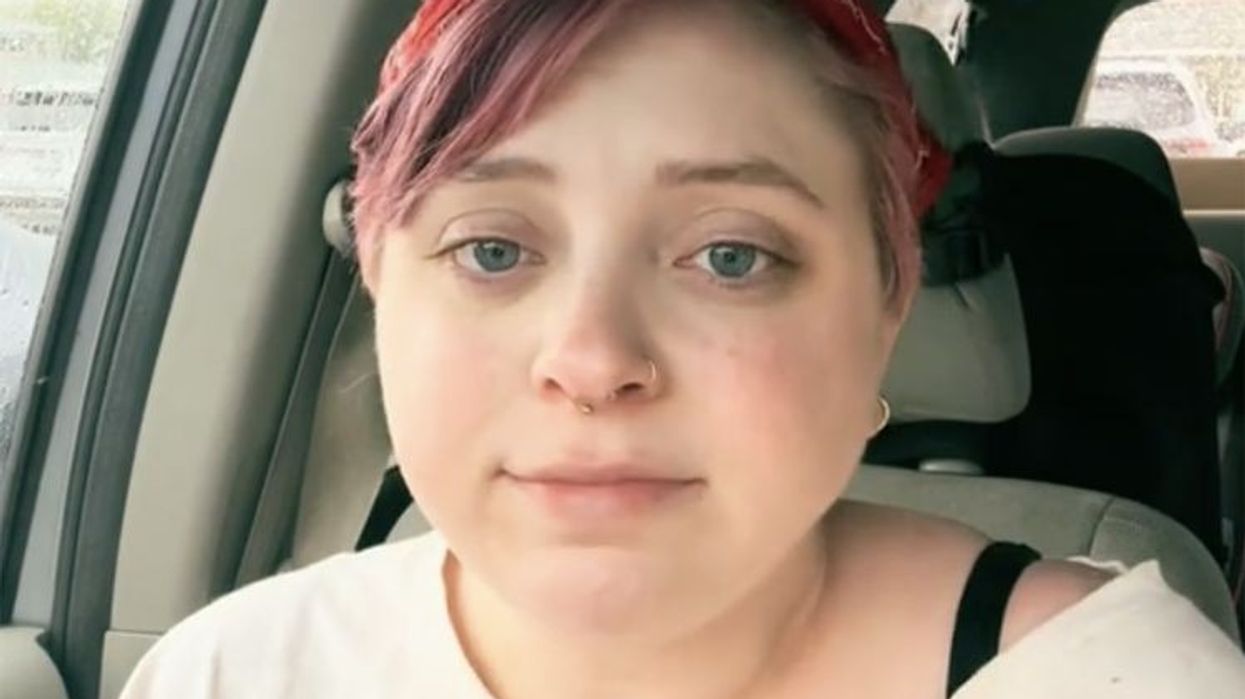As RFK Pushes Vaccine Misinformation, Measles Cases Surge in South Carolina
The US is at risk of losing its measles-eradicated status early next year, according to Scientific American.
US Rep. Pramila Jayapal on Friday demanded that the Trump administration "stop lying and follow the science" as an outbreak of measles in South Carolina grew and officials warned that low vaccination rates in the affected area likely mean the crisis will continue worsening.
Since the outbreak began in October in Spartanburg County, near the state's northern border, the highly infectious disease has sickened at least 129 people. The vast majority of people who have been infected have not been inoculated against measles, which is 97% preventable via the measles, mumps, and rubella (MMR) shot—which has been erroneously attacked for years by anti-vaccine activists including Health and Human Services Secretary Robert F. Kennedy Jr.
As President Donald Trump and Kennedy "push deadly anti-vaccine conspiracy theories, measles is making a comeback across America," said Jayapal (D-Wash.) on Friday. "People will die because of this."
At least three people, including two children, have already died this year in US measles outbreaks
More than 1,900 measles cases and 47 outbreaks have been reported across the country in 2025, compared with 285 cases across 16 outbreaks last year.
In South Carolina, more than 250 people have been exposed to the disease in schools, a healthcare facility, and a church, forcing dozens of unvaccinated children to quarantine for 21 days; some were exposed twice and had to be isolated for two separate three-week periods.
“That’s a significant amount of time,” Linda Bell, the state's epidemiologist, said at a recent press conference. “Vaccination continues to be the best way to prevent the disruption that measles is causing to people’s education, to employment.”
But Spartanburg County's ongoing outbreak is being driven by “lower-than-hoped-for vaccination coverage,” Bell said.
Public health experts consider a 95% vaccination rate to be the level at which the spread of measles can be eliminated in a community. Only about 90% of students in the county had all required childhood immunizations. South Carolina allows religious exemptions for school immunization requirements. Many of the schools where students have quarantined have vaccination rates "well below 90%," the New York Times reported.
Across South Carolina, MMR vaccination rates among schoolchildren has fallen significantly since 2020, from 96% to 93.5%.
Kennedy has been a longtime denier of vaccine science. In 2019, his anti-vaccine group, Children's Health Defense, tried to sue New York state over its vaccine requirement, which is one of just five in the country that doesn't allow for nonmedical exemptions.
In April, Kennedy visited a Texas community where two unvaccinated children had died of measles and acknowledged in a social media post that "the most effective way to prevent the spread of measles is the MMR vaccine."
“Vaccination continues to be the best way to prevent the disruption that measles is causing to people’s education, to employment.”
But during his visit he also promoted, without evidence, two therapeutic treatments that one vaccine expert told NPR are "valueless" in treating measles. In 2023 Kennedy told podcaster Joe Rogan that the vaccine was not linked to a decline in deaths.
He has recently continued fueling overall skepticism about immunizations, with the Centers for Disease Control and Prevention (CDC) panel he assembled advising that newborn babies whose mothers test negative for hepatitis B should not receive a dose of a vaccine for the disease—sparking fear among public health experts that major progress in reducing childhood cases of the disease over the past three decades will be reversed.
In November the CDC website was changed to say a link between vaccines and autism—a theory that has long been debunked—cannot be ruled out. Two months earlier, as measles cases surged in another outbreak around the Utah-Arizona border, Trump called for combination children's vaccines like the MMR to be split up into separate shots—a call made decades ago by Dr. Andrew Wakefield, who lost his medical license over his 1988 study that linked autism to the combination vaccine, which was later retracted.
High vaccine rates allowed the US to declare measles eliminated in 2000, but Scientific American reported Thursday that the current measles outbreaks are bringing the US "toward losing its measles-free status by early next year."
The worsening measles outbreak in South Carolina, said Sen. Ed Markey (D-Mass.), "is yet another horrifying consequence of Trump and RFK Jr.'s Make America Sick Agenda."
Republican Gov. Henry McMaster has urged residents to be vaccinated against measles, but said on Thursday, "We are not going to do mandates on people to go get vaccinated."
Andrew Nixon, a spokesperson for the US Health and Human Services Department, also continued to suggest that vaccination is principally a matter of personal liberty rather than public health, telling the New York Times that people in the affected community in South Carolina should talk to their doctors about "what is best for them."
On Thursday, Senate Health, Education, Labor, and Pensions Committee Ranking Member Bernie Sanders (I-Vt.) said that along with the Republican Party's vote against extending Affordable Care Act subsidies, the Trump administration is raising questions about its push to "Make America Health Again" as it undermines "lifesaving vaccines and spark[s] disease outbreaks."
"The Trump administration," he said, "is endangering the health of the American people."


